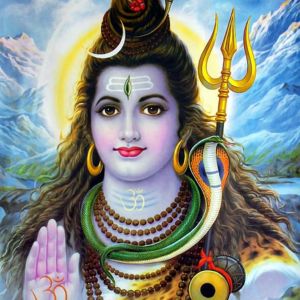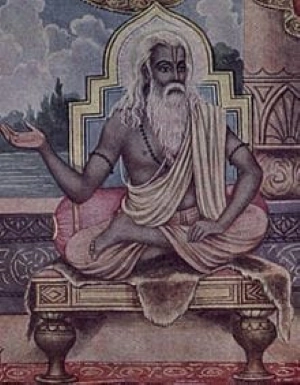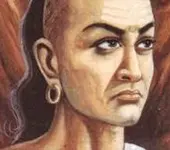Recommended for you
Shiva Kavacham for Protection

ॐ नमो भगवते सदाशिवाय सकलतत्त्वात्मकाय सकलतत्त्वविहारा�....
Click here to know more..Learn about the dress code to be followed during Pujas
 Click here to know more..
Click here to know more..
Vedasara Dakshinamurthy Stuti

vri'tasakalamuneendram chaaruhaasam suresham varajalanidhisamstham shaastravaadeeshu ramyam. sakalavibudhavandyam vedavedaangavedyam tribhuvanapuraraa....
Click here to know more..
English Topics
Practical Wisdom
Click on any topic to open
- 70 Balanced Giving: Chanakya's Wisdom in Modern Context
- 69 Harmonizing with the Flow of Life
- 68 Justice Delayed Is Justice Denied
- 67 Leaning To Keep Mouth Shut
- 66 The Importance of Your Boss's Inner Circle
- 65 Are You Searching At The Wrong Place?
- 64 Creating Your Own World
- 63 Can You Really Trust Someone Who Was Once Your Enemy?
- 62 What To Do When Someone Insults You
- 61 Helping Someone And Not Getting Anything In Return Is An Investment
Please wait while the audio list loads..
30
Ganapathy
Shiva
Hanuman
Devi
Vishnu Sahasranama
Mahabharatam
Practical Wisdom
Yoga Vasishta
Vedas
Rituals
Rare Topics
Devi Mahatmyam
Glory of Venkatesha
Shani Mahatmya
Story of Sri Yantra
Rudram Explained
Atharva Sheersha
Sri Suktam
Kathopanishad
Ramayana
Mystique
Mantra Shastra
Bharat Matha
Bhagavatam
Astrology
Temples
Spiritual books
Purana Stories
Festivals
Sages and Saints
26
15
13
Copyright © 2024 | Vedadhara | All Rights Reserved. | Designed & Developed by Claps and Whistles
